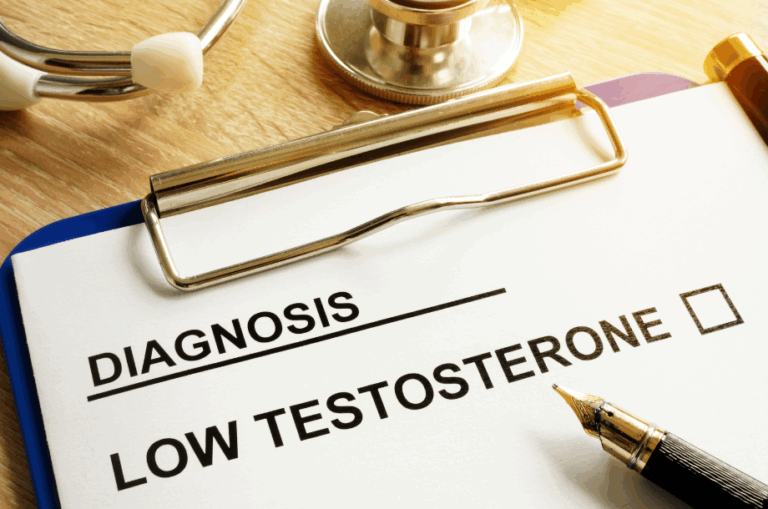If you’re currently on a ketogenic diet (keto) or considering one for weight loss or to improve overall health, there are important things to consider. Creating the right environment to reach ketosis varies across individuals and without working with a doctor or nutritionist it’s nearly impossible to know if you’re in ketosis. In addition, to properly follow the diet you must consume 80 to 90% of calories from fat and strictly limit carbohydrates (10 to 15 grams of daily – equivalent to about ½ a banana) and protein (the body will break down protein, if available, to get its glucose for energy). With such a high fat content, many individuals consume unhealthy fats to allow for variety in the diet instead of sticking to healthy unsaturated fats like avocado. An unvaried diet (or the scary alternate of high consumption of unhealthy fats) isn’t the only risk – keto can lead to more serious health concerns such as bone demineralization, increased cardiovascular disease risks, and negative impacts on the gut microbiome. Lastly, while you may lose weight on keto initially, most dieters gain their weight back. Popular Science
→Takeaway: If you’re looking for a dietary intervention to lose weight or improve overall health, focus on one based on consuming a wide variety of plant foods, that places food quality above caloric content, and that promotes the growth of beneficial gut bacteria (high in indigestible plant fiber!). If you’re looking for a jump-start, check out Dr. Chutkan’s plans in Gutbliss and The Microbiome Solution.








